Volkswagen Group Implements Further Electric Strategy Aggressively
- Diess: “We are orienting the company towards clean mobility.”
- Emden and Hanover to become electric vehicle plants by 2022
- Kilian: Employment at the plants safeguarded up to 2028
Wolfsburg/Emden/Hanover, Germany – Following Zwickau, Volkswagen intends to change its plants at Emden and Hanover in Germany over to the production of electric vehicles. After Zwickau, Volkswagen is therefore establishing its second e-mobility center in Germany in Lower Saxony. CEO Dr. Herbert Diess: “Volkswagen is implementing its electric offensive consistently. We are orienting the company towards clean mobility. This way, we are also ensuring sustainable prospects for the future of the two plants.” At a works meeting held on Wednesday in Emden, HR Board Member Gunnar Kilian outlined the principles of the project to employees. In Hanover, the Chairman of the Brand Board of Management of Volkswagen Commercial Vehicles, Dr. Thomas Sedran, presented the plans. The orientation towards the production of innovative electric vehicles is part of the plant allocation plans on which the Supervisory Board will decide in Wolfsburg on Friday.
“We are moving at full speed into the production of electric vehicles. Emden and Hanover are to be further model plants in Germany. Together with Zwickau, they will form the largest network for the production of electric vehicles in Europe,” said Gunnar Kilian. On the basis of these plans, Emden will already produce electric vehicles from 2022. In Hanover, models of the electrically powered ID.Buzz1 family will probably be produced from 2022 together with conventionally powered vehicles. Thomas Sedran said: “This way, we are safeguarding the future of the Hanover plant and employment. All in all, we are making Volkswagen Commercial Vehicles fit for the transformation of our industry.”
Production of the models currently manufactured at Emden and Hanover is to be transferred step-by step to other Group plants against the backdrop of the reinforcement of the electric offensive. Details of plant allocation are to be decided on by the Supervisory Board of Volkswagen on Friday.
For the Emden and Hanover plants, an employment guarantee up to 2028 was agreed for the transformation phase. Gunnar Kilian: “This offers security for the employees during the transformation. However, fewer production steps are involved in making an electric vehicle, we will need fewer employees in the final resort. We have therefore agreed with the Works Councils that the current employment volume will be adapted in a socially compatible way along the demographic curve via the attractive partial early retirement scheme of Volkswagen.”
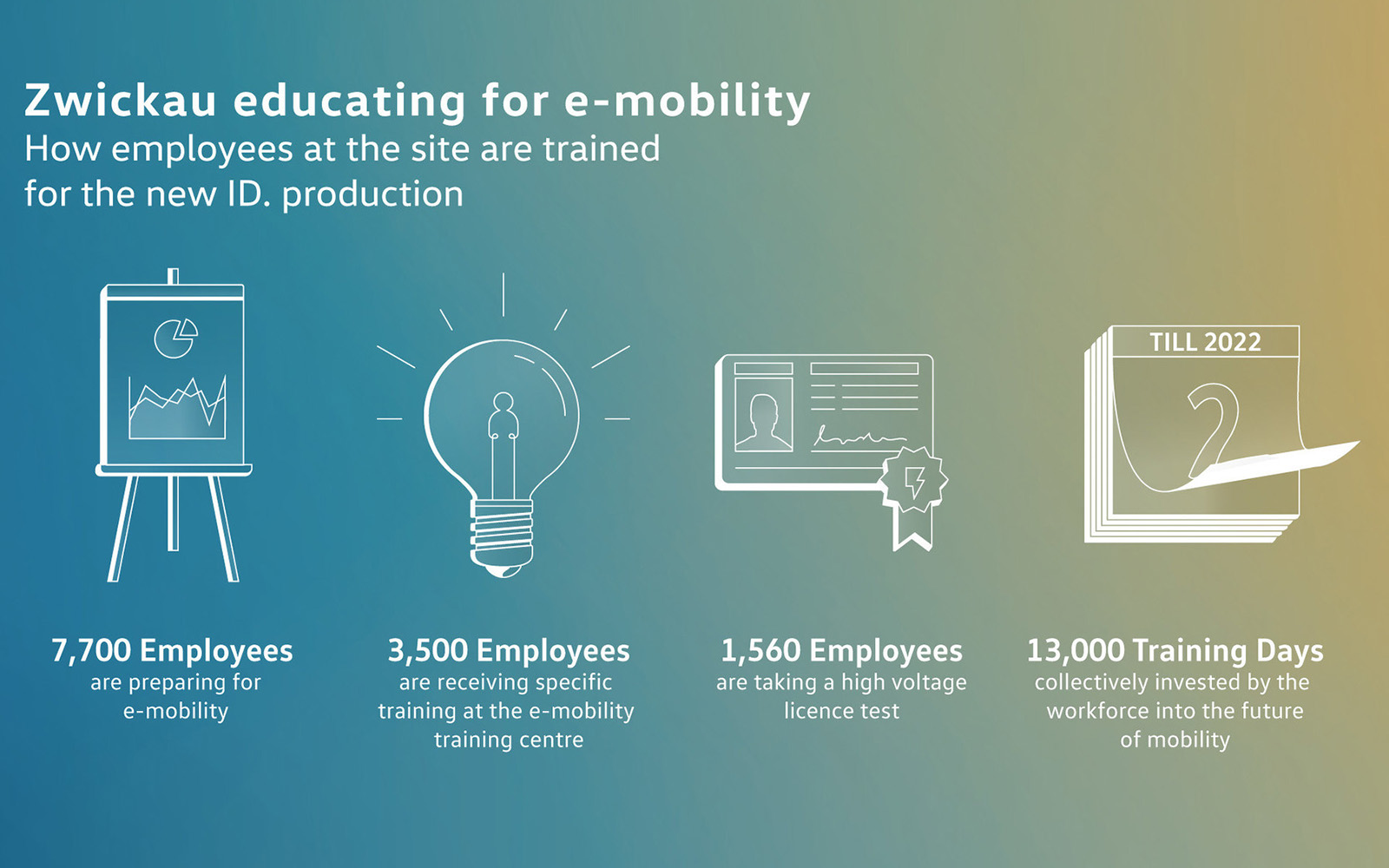
The Works Council Chairman of the Emden plant, Manfred Wulff, said: “The automotive industry and Volkswagen are undergoing the greatest transformation in their history and the Emden plant is at the forefront. In a few years’ time, first-class electric vehicles will already roll off the production line here – as with all products from Emden, they will be produced by highly qualified colleagues. The employment guarantee up to 2028 will give employees and their families security; the transition to e-mobility offers clear prospects for the future. The requirements stated by the Works Council have finally been met. We will therefore be able to make our plant fit for the future as regards employment, climate protection and economic viability.”
It will not be possible to provide long-term employment for temporary employees at the Emden plant in the future and to offer them permanent employment contracts here. “We all know that a long-term relocation to another place of work is by no means an easy step”, said Kilian. He emphasized: “It was important for Volkswagen to offer all temporary employees long-term employment prospects within the Group. This is why we can offer you permanent employment contracts at the Porsche plants in Zuffenhausen, Ludwigsburg and Sachsenheim and, to some extent, also at the Volkswagen plant in Kassel.
Bertina Murkovic, Chairperson of the Works Council of Volkswagen Commercial Vehicles and Member of the Volkswagen General Works Council, said: “With this agreement, we have laid the foundations for shaping the transformation in the automotive industry and indicating prospects for employees. Especially the agreement concerning an employment guarantee for the permanent workforce up to the end of 2028 is a great success in troubled times. With this agreement, key future technologies will also come to our plant. These will mean that we have a far better position in the future as regards capacity utilization thanks to considerably higher flexibility in plant allocation. The new technologies can therefore provide a sustained impetus. All in all, the plant agreement is a far-sighted result.”
About the Volkswagen Group:
The Volkswagen Group, with its headquarters in Wolfsburg, is one of the world’s leading automobile manu-facturers and the largest carmaker in Europe. The Group comprises twelve brands from seven European countries: Volkswagen Passenger Cars, Audi, SEAT, ŠKODA, Bentley, Bugatti, Lamborghini, Porsche, Ducati, Volkswagen Commercial Vehicles, Scania and MAN. The passenger car portfolio ranges from small cars all the way to luxury-class vehicles. Ducati offers motorcycles. In the light and heavy commercial vehicles sector, the products include ranges from pick-ups, buses and heavy trucks. Every weekday, 642,292 employees around the globe produce on average 44,170 vehicles, are involved in vehicle-related services or work in other areas of business. The Volkswagen Group sells its vehicles in 153 countries.
In 2017, the total number of vehicles supplied to customers by the Group globally was 10,741 million (2016: 10,297 million). The passenger car global market share was 12.1 per cent. In Western Europe 22.0 per cent of all new passenger cars come from the Volkswagen Group. Group sales revenue in 2017 totalled €231 billion (2016: €217 billion). Earnings after tax in 2017 amounted to €11.6 billion (2016: €5.4 billion).

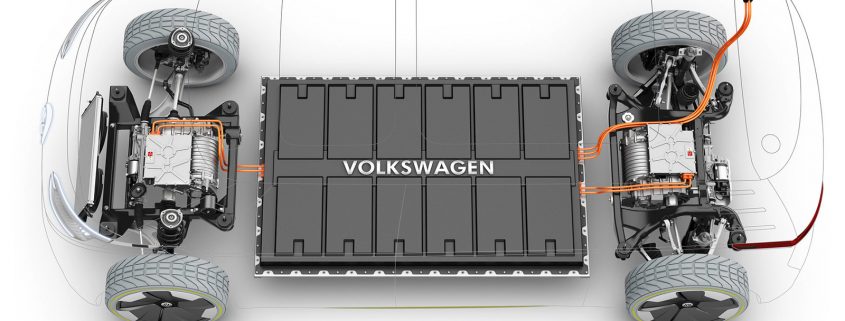
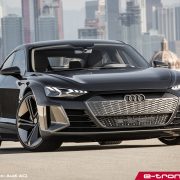
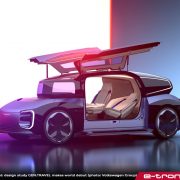
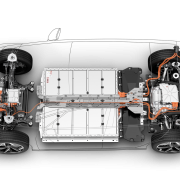
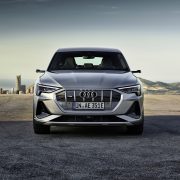

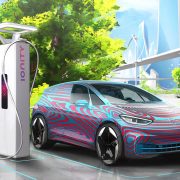
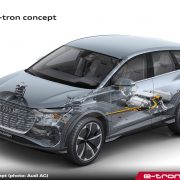
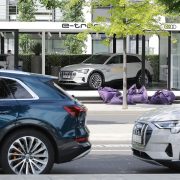


Leave a Reply
Want to join the discussion?Feel free to contribute!